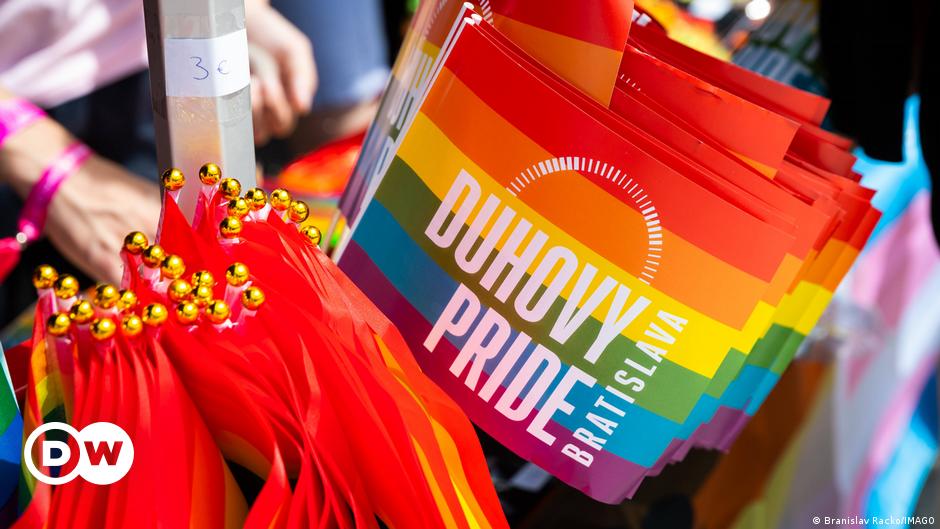Amy Zoyomi is a 29-year-old transgender woman from Lucenec, a town with 30,000 inhabitants in southern Slovakia. As an adult, Amy decided to move to the capital, Bratislava. Her gender identity was one of the main reasons for leaving her hometown.
For Amy, life in Lucenec and life in Bratislava are poles apart. “When I walk down the street in my home town, people often stare at me,” she told DW. “Sometimes they stop, and the stares change to verbal abuse. That doesn’t happen in the capital. I feel safe here, people are much more relaxed and don’t pay so much attention to others,” she explained.



This is the best summary I could come up with:
The pressure to revoke the guidelines obviously came from the nationalist right-wing Slovak National Party (SNS), which is a member of the ruling three-party coalition alongside Smer and Hlas.
In a recent interview, Environment Minister Tomas Taraba (SNS) expressed concern about the country, criticizing that “today’s status quo in Slovakia is very progressive-liberal.”
It also saw Health Minister Dolinkova’s move as a violation of their rights: Gender confirmation surgery is not only a life- and body-changing intervention, it can in some cases lead to permanent sterility.
Iniciativa Inakost (Initiative Otherness), a Slovak group that brings together LGBTQ+ individuals and organizations, is adamant that political stability cannot trump human rights.
In its media statement, the initiative explained that the regulation passed by Lengvarsky before he left office had been based on “expert consensus” and follows the standard transition procedure.
After last year’s double murder in Bratislava, a variety of human rights organizations came together and formed the initiative Ide nám o život (Our lives are at Stake).
The original article contains 983 words, the summary contains 165 words. Saved 83%. I’m a bot and I’m open source!